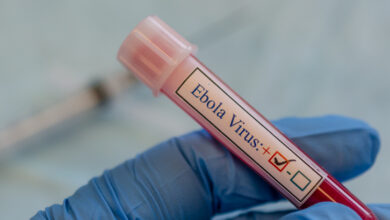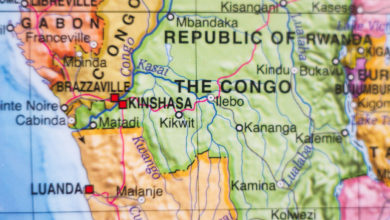Democratic Republic of the Congo
DRC To Return More Than A Million Doses Of Coronavirus Vaccine To UNICEF

The Democratic Republic of Congo’s (DRC) health authorities will return more than a million doses of coronavirus vaccine to the UN children’s agency UNICEF for distribution in other African countries before they expire, reported Africa News.
The DRC received the vaccine doses via the COVAX vaccine-sharing facility last month. But, the health authorities delayed the vaccine rollout after several European countries suspended the use of the AstraZeneca shot over the fear of rare blood clots.
The country started its vaccination campaign, which was initially scheduled to have started on 15 March, on April 19 but had inoculated only 1,265 people out of its population of over 85 million as of Saturday.
Susie Villeneuve, senior health specialist for the U.N. children’s agency (UNICEF) in West and Central Africa, said the DRC has not issued a vaccination plan to support a campaign of this scale and has an insufficient number of vaccination sites, which will hinder access to the vaccine.
The UNICEF official said some 1.3 million of the DRC’s remaining vaccine doses will now be sent to countries including Ghana, Senegal, and Togo to ensure they are used before their June 24 expiry date.
“Process to re-allocate these doses to other countries in Africa is underway,” Villeneuve said at a vaccination conference in Ghana.
Backed by the World Health Organization, the COVAX initiative aims to deliver 600 million shots- most of them from AstraZeneca- to some 40 African countries this year. That would be enough to vaccinate 20% of their population.
But just like the DRC, many African countries are facing a lot of challenges in rolling out such large-scale vaccination campaigns despite their experience battling deadly infectious diseases. According to experts, health authorities in many African countries do not have sufficient people and training to distribute vaccines at short notice and lack access to vital equipment because of funding shortfalls that could total billions of dollars.






